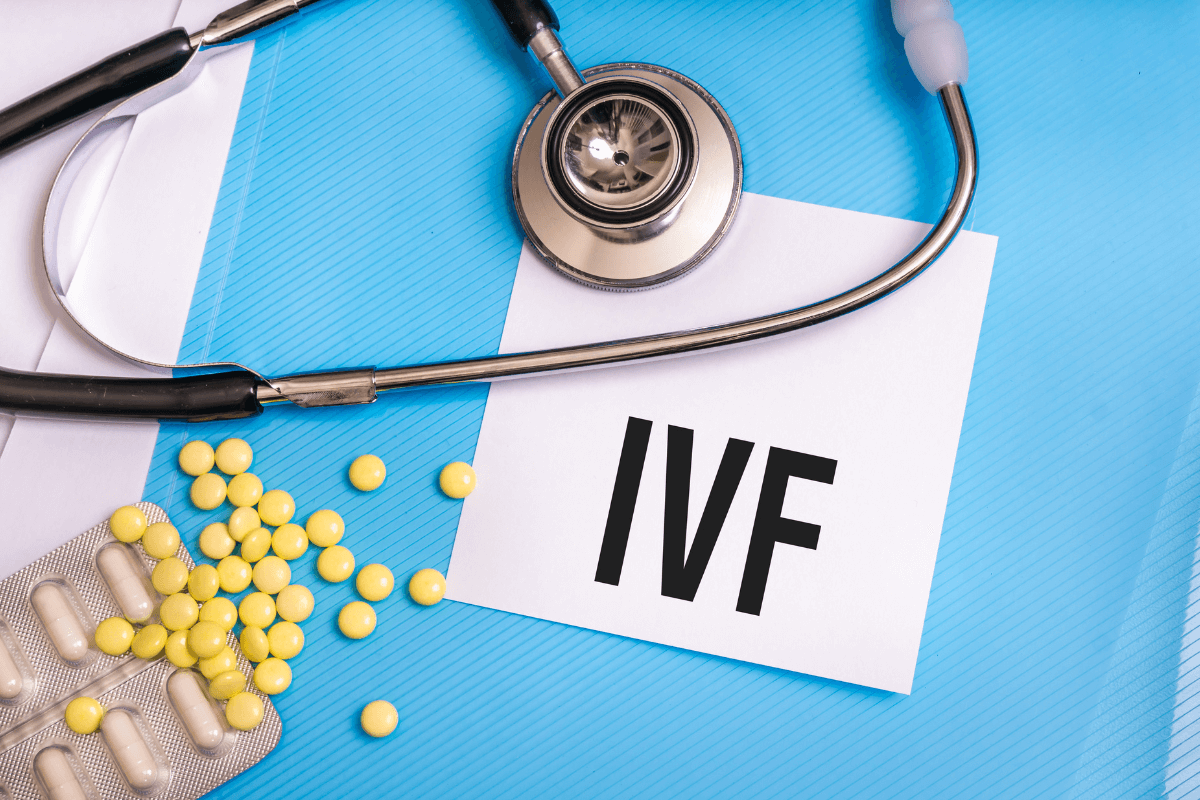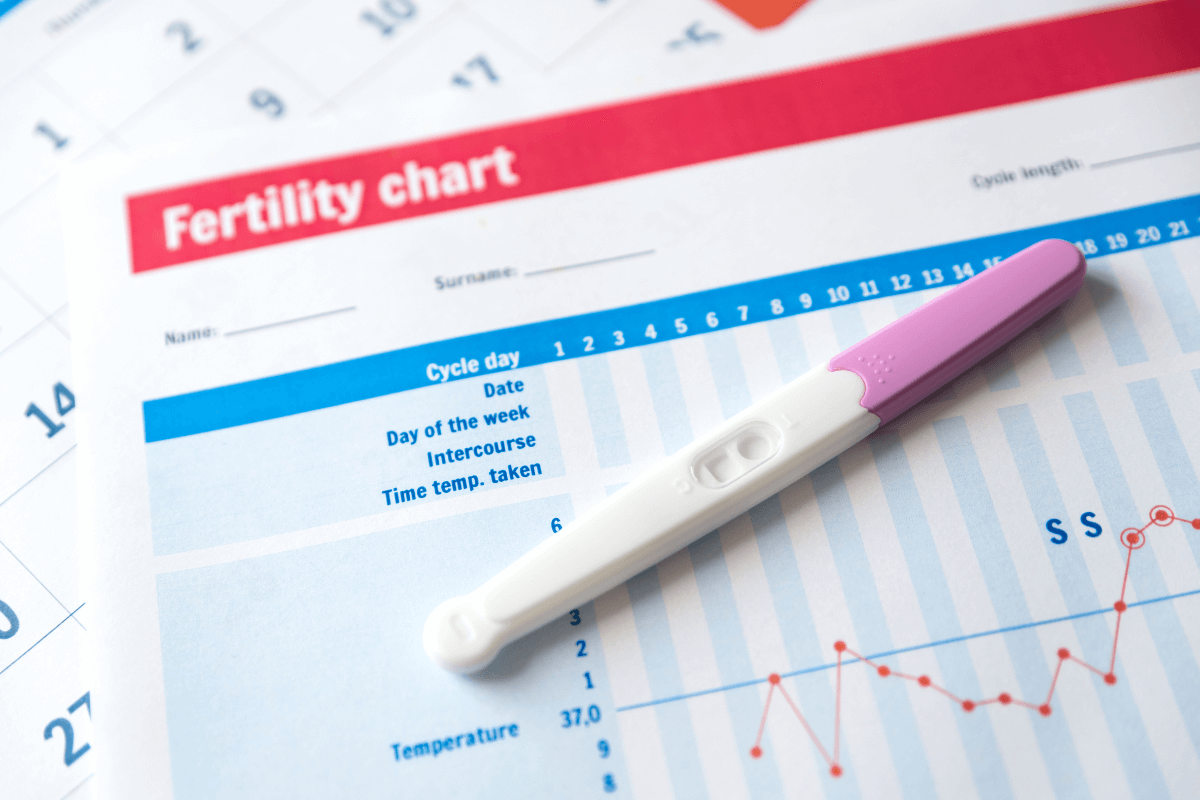

Can Women Pause Their Biological Clock? Here’s What Every Parent Should Know About Fertility Options #WorldIVFDay
By: ImpactGuru
Published On: July 24, 2025
“Why don’t you have kids yet?”
“It’ll happen naturally, don’t worry so much.”
“Have you tried that herbal remedy?”
If you or someone close to you has faced fertility challenges, chances are you’ve heard one or all of these statements. They’re often asked casually, with concern or curiosity. But behind these seemingly innocent words lies a mountain of silent struggle that millions of individuals and couples face, often alone.
Infertility is not rare. It’s not shameful. And it’s certainly not a failure. Yet, in many parts of the world, especially in India, it remains wrapped in taboo, judgment, and emotional isolation. And as we approach World IVF Day on July 25th, it’s time to shift the conversation from hushed whispers and hidden pain to open dialogue, real support, and informed choices.
This blog, brought to you by ImpactGuru, is a part of this change. Because we believe that stories like these deserve to be heard, understood, and supported. So before we dive into the science and solutions, let’s pause to recognise the quiet weight of infertility— one that so many carry silently, often feeling alone in the journey.

Source: Canva Pro
Whether you’re someone searching for answers, exploring your options, or trying to make your fertility treatment financially possible, know that you’re not alone; we’re here to walk beside you, every step of the way.
The Hidden Weight of Infertility
Infertility is a deeply personal experience, but it comes with a very public pressure. In a culture where marriage is swiftly followed by expectations of children, a delay in pregnancy becomes everyone’s business.
For women, especially, the stigma can be crushing. Often viewed as the "default caregiver," her worth is subtly (and sometimes explicitly) linked to her ability to bear children. If a couple can't conceive, the woman is frequently and unfairly blamed. But in reality, infertility is a shared issue.

Source: Envato
In nearly half of all infertility cases, the underlying cause isn't limited to women. Yet, discussions around reproductive health often focus solely on women, leaving significant gaps in awareness, understanding, and support for everyone involved.
Adding to this pressure is the ever-present reminder of a woman’s “biological timeline” that society rarely lets her forget. It has become a concept that now actually shapes choices, rash decisions, and creates fear for future generations.
But what exactly is this biological clock, and how much control do women really have over it today? Let’s explore.
Don’t Let the Biological Clock Set the Limit Anymore!
For decades, women have been warned about the ticking of their “biological clock.” But what if that clock didn’t define their timeline anymore?
Today, advancements in reproductive technology have given women the power to pause that clock through egg freezing. Scientifically known as oocyte cryopreservation, egg freezing allows women to preserve their eggs during their most fertile years for future use.
Most women are born with approximately 1–2 million eggs, but both the number and quality naturally decline with age. This decline becomes more significant after the age of 35, often reducing the chances of natural conception.

Source: Canva Pro
But as we all know, every problem is born with a solution too.
That’s where egg freezing steps in. Doctors generally recommend considering egg freezing in the mid/late 20s to early 30s, ideally before 35, when fertility potential is generally higher. However, it can still be done later, depending on individual health and ovarian reserve.
During the process, hormone medications are administered to stimulate the ovaries to release multiple eggs in one cycle. Once mature, these eggs are carefully retrieved, frozen, and stored.
When the time is right, they can be thawed, fertilised with sperm in a lab to form embryos, and implanted into the uterus during an embryo transfer cycle. This offers the chance to conceive when the timing aligns personally or medically. This fertilisation and implantation process is what we call in vitro fertilisation (IVF).
Also read: Best IVF Centres In Vizag
For those who choose egg freezing, IVF is the method used to utilise those eggs when they truly feel ready to start or expand their family. This flexibility is one of the key benefits of modern fertility treatments.
Whether it's due to career goals, personal choice, or medical treatments like chemotherapy, egg freezing provides women with the flexibility and freedom to plan parenthood on their own terms.
Source: Envato
Hence, in a world that often tells women they must choose between “now or never,” egg freezing offers a new option: "Not right now. And that's okay.".
Now that we’ve explored the emotional and medical side, let’s talk about the practical reality: how much it all costs. Although science offers new hope and emotional strength to carry us forward, there’s one hurdle many silently fear, and it is the ‘medical expense.’
Fertility treatments like IVF or egg freezing don’t just test our patience and courage; they also come with a heavy price tag. And for many hopeful parents, this financial burden can feel like yet another wall between them and their dreams.
Want to understand the process better? Read more about IVF Treatment here.
IVF & Egg Freezing Costs in India
In India, a single IVF cycle can cost anywhere between ₹1.2 to ₹2.5 lakhs or more, depending on the clinic, city, and medical complexities involved. If additional treatments like ICSI (Intracytoplasmic Sperm Injection), embryo freezing, or donor eggs are required, the cost can escalate significantly.
Egg freezing, too, involves separate stages—stimulation, retrieval, freezing, and annual storage fees, which can add up to ₹1.5 to ₹2 lakhs or more, excluding the expense of the IVF treatment later.
Here’s a table to help you understand better.
Estimated IVF & Egg Freezing Costs in India | |
Service | Approximate Cost (INR)* |
Initial Consultations & Assessments | ₹5,000 – ₹10,000 |
Ovarian Stimulation & Medication | ₹50,000 – ₹1,50,000 |
Egg Retrieval Procedure | ₹30,000 – ₹60,000 |
Laboratory & Cryopreservation | ₹20,000 – ₹50,000 |
Annual Storage Fees | ₹15,000 – ₹30,000/year |
Long-Term Storage (5–10 years) | ₹1,00,000 – ₹2,00,000 |
Additional Retrieval Cycles | ₹1,00,000 – ₹2,00,000/cycle |
IVF for Future Use | ₹1,50,000 – ₹2,50,000/cycle |
*These amounts can vary based on different factors like location, hospital & specific medical requirements.
And what makes this even more stressful is the fact that most insurance policies in India don’t cover fertility treatments. That means individuals and couples are often left to fund their dreams of parenthood entirely out of pocket.
Fertility struggles are already emotionally taxing, and adding financial pressure only makes the journey harder. It's time we talk openly about alternative ways to access support, including options like crowdfunding, so more people can pursue the treatments they need without the stress of the overwhelming cost.
Also read: Best IVF Centres In Delhi
Crowdfunding Can Become a Ray of Hope for Families
In recent years, crowdfunding has become a lifeline for people facing high medical expenses, including IVF and fertility treatments. When insurance fails and savings run dry, fundraising steps in.
Crowdfunding allows individuals and couples to raise funds online for treatments like IVF, without loans, without interest, and without shame. Friends, family, colleagues, and even strangers can contribute to helping someone build the family they’ve always dreamed of.
And the best part?
Starting a fundraiser on leading crowdfunding platforms in India takes just minutes.
All one needs is:
→ Basic documents like a photo ID
→ A brief description of their story and what the funds are for
→ Supporting medical documents or doctor’s notes (if available)
Donation-based crowdfunding is completely legal in India and has already helped lakhs of patients raise funds for critical illnesses and medical emergencies. So why should fertility treatments like IVF be any different?
This World IVF Day, Let’s Start the Conversation that Matters!
As we come to the end of this blog, we want to leave our readers with more than just information; we want to leave them with understanding, empathy, and empowerment.

Source: Canva Pro
Because this World IVF Day, we want to emphasise more about freeing infertility from the shadows and building a space where no one feels ashamed, judged, or alone. Where people feel safe to talk about their struggles. Where women are not blamed, men are not left out of the conversation, and families of every kind, whether it be single parents, same sex couples, or cancer survivors, everyone is supported on their unique paths to parenthood.
Because every parent’s hope is valid, and every path to parenthood matters.






 Information
Information Alert
Alert